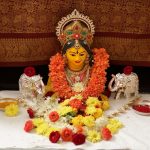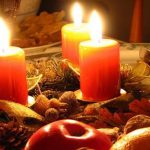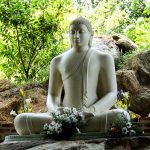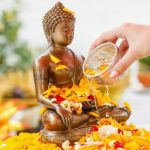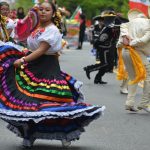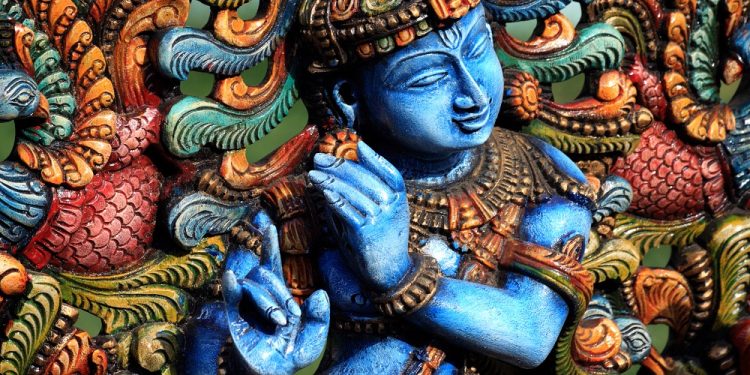
Janmashtami
Janmashtami – also known as Ashtami Rohini, Srikrishna Jayanti, and Gokulashtami – is a Hindu holiday that commemorates and celebrates the birth of Krishna. It is celebrated on Ashtami during the month of Shravana on the Hindu calendar, which is roughly around the end of August or beginning of September in the Gregorian calendar. It is one of the largest religious festivals in the world, celebrated by almost a billion people annually.
The Legend of Krishna
The origin of Janmashtami can be traced back to the legend of Krishna. Krishna is the physical incarnation of God who was the eighth son born to Vasudeva and Devaki. According to scripture, he was born on July 18th, 3228 BCE and was a member of the Vrishni Clan of Yadavas. Krishna was born in Mathura, and his parents were imprisoned because of a prophecy that stated the couple’s eighth son would be the downfall of King Kansa.
King Kansa then went on to kill the couple’s first six children. Their seventh child was transferred to Rohini as Balarama for his own safety. The couple’s eighth son, Krishna, was born and was immediately taken to Gokul to keep him out of the reach of King Kansa. Eventually, he returned to kill King Kansa with the aid of Balram.
Customs, Traditions, and Celebrations
Janmashtami is celebrated all over India at Vaishnava temples. Usually, the festivities begin pre-dawn and extend until midnight. Some of the traditions performed on this day include Kirtan, an ancient chanting of Krishna’s name, and a prayer called japa – a meditative mantra uttered in the mind or in a low voice.
Other activities performed on this day include plays enacting the life of Krishna and colorful dances. It is also common for devotees to burn incense, string flower garlands, and cook elaborate meals on this day. The day is usually concluded by performing abhisheka – a ritualistic anointing of Hindu deities. Devotees who can’t make it to a Vaishnava temple often celebrate this holiday in the privacy of their own homes.
They do this by decorating their homes with flower garlands or balloons, singing songs from the Vaishnava Songbook, and cooking Janmashtami dishes such as Gopalkala, Kaju Cake, Nariyal Magaz Prasaad, Apple Halwa, Makhaane Ki Kheer, Mishri Makkhan, Shrikhand, Makhan Ka Samosa, Chilli Paneer Pakora, Rasgulla, Singhare Ki Poori, and Mishti Doi. Participants may also tune into one of the many webcams available over the Internet that show some of the ceremonies being performed at the temples.
